Advertisement
Where does saturated fat stand in your diet?
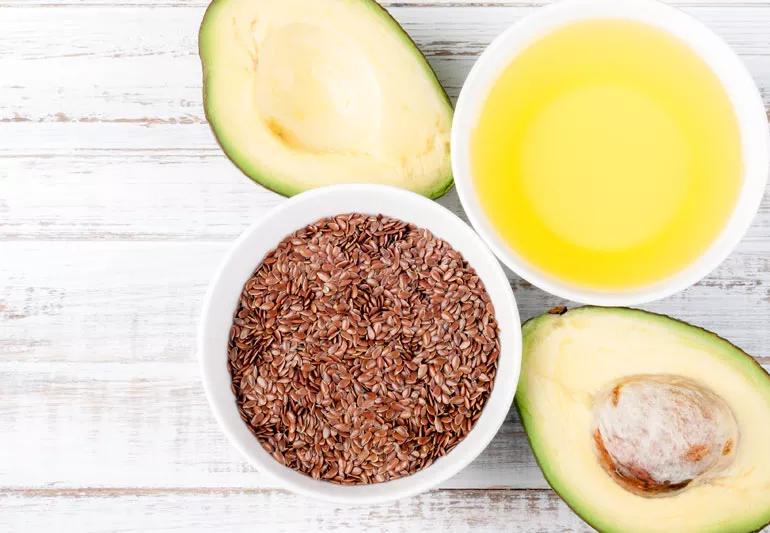
You’re bombarded left and right with information that says saturated fats are bad, carbohydrates are even worse and you should try new rigid fad diets to help you stay slim and healthy. With so much conflicting information, you may wonder if this way of eating is sustainable and how much truth these guidelines actually have.
Advertisement
Cleveland Clinic is a non-profit academic medical center. Advertising on our site helps support our mission. We do not endorse non-Cleveland Clinic products or services. Policy
Should we actually stay away from saturated fats like we’ve been warned time and time again or should they have space in your diet? Dietitian Katherine Patton, MEd, RD, CSSD, LD helps answer what we can substitute in place of those animal fats that are associated with clogged arteries and heart disease.
Over many years, targeted studies and meta-analyses have shown that consumption of saturated fats and cholesterol is linked to increased incidence of coronary heart disease.
With all the focus on the dangers of a diet high in saturated fats, some experts neglected to emphasize the importance of substituting plant protein and fresh vegetables and fruits for those unhealthy fats.
Food manufacturers, swept up in the low-fat marketing frenzy, cut fat from food products, but then added a lot of additional sugar and carbohydrates to improve the products’ taste. The result was less fat, but often more calories and more sugar.
High sugar consumption can lead to obesity, diabetes, insulin resistance and heart disease. Your body will store sugar as fat and your metabolism can suffer. Unfortunately, the narrow focus on cutting fats to improve the health of the public hasn’t helped narrow the typical American’s waistline.
“We are heavier than ever and diabetes rates are increasing, with the fastest increases seen in children,” says Patton.
What can you do to balance it out?
“Try to find a balance and add a bit of healthy fat back into the diet,” says Patton.
To start, the American Heart Association recommends aiming for about 5 to 6% of your daily calories from saturated fat, while USDA Dietary Guidelines for Americans recommends up to 10%. It’s important to be mindful of where these saturated fats are coming from because they can be hiding in the food you eat on a daily basis. This includes butter, cheese, dairy products made from whole or 2% milk, poultry, pork and coconut oil. Substitute these with whole grains, fresh veggies and fruits, low-fat dairy products, plant based protein sources like beans, lentils, and nuts and limit your consumption of red meat.
Unsaturated fats are saturated fat’s healthier older sibling. These fats, also known as monounsaturated and polyunsaturated, are heart-healthy and can be found in avocados, extra virgin olive oil, salmon and nuts like walnuts and almonds. They may help improve your blood cholesterol.
Advertisement
If following a diet is more your speed, Patton recommends the Mediterranean diet. It emphasizes fresh fruits and vegetables, fish, nuts, whole grains, beans or lentils and healthy fats, such as olive oil.
“We do not recommend completely avoiding saturated fat,” says Patton. “Instead, emphasize swapping out saturated fats for mono and polyunsaturated fats in order to meet the recommendation of 5 to 10% of total calories from saturated fat and up to 20 to 25% of calories from unsaturated fat.”
Advertisement
Learn more about our editorial process.
Advertisement
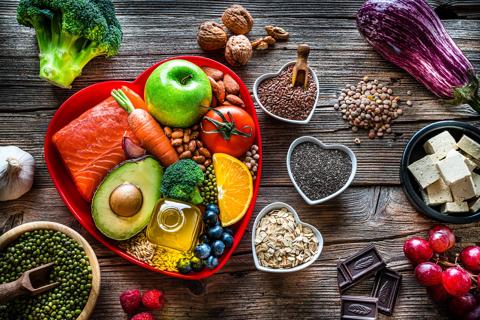
Eating more natural, whole foods can lower your risk of heart and cardiovascular diseases

The popular cooking method can help you cut down on fat without losing the flavor and texture of your favorite foods
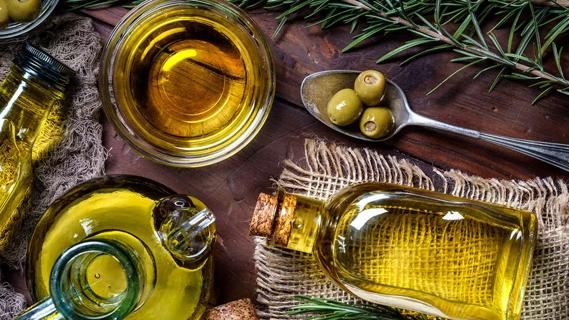
EVOO is full of antioxidants and has anti-inflammatory properties, both of which aid your body in multiple ways
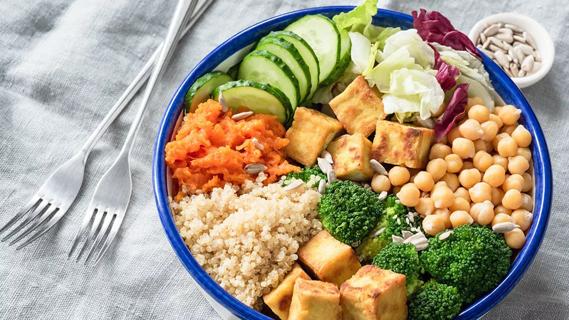
Giving up meat can have a significant effect on lowering cholesterol

Avoid smoking, eat a good diet and exercise to prevent your heart from aging prematurely

Often found in ultra-processed foods, these oils can cause inflammation and diseases
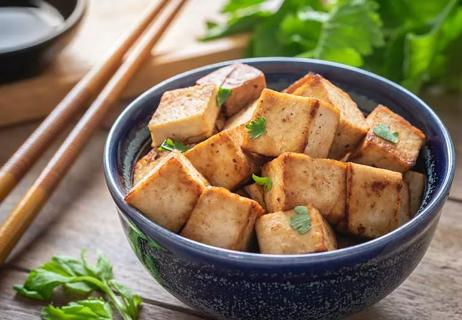
A protein powerhouse, tofu builds muscle, protects your heart and lowers cancer risk

Trace amounts of trans fat can still lurk in your foods, and they can add up

Focus on your body’s metabolic set point by eating healthy foods, making exercise a part of your routine and reducing stress

PFAS chemicals may make life easier — but they aren’t always so easy on the human body

While there’s little risk in trying this hair care treatment, there isn’t much science to back up the claims